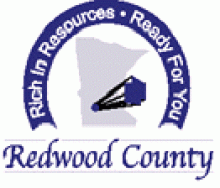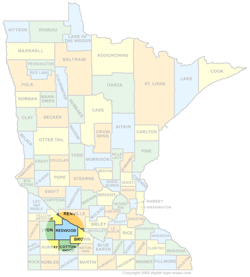4G Wireless for Rural America? Not Nearly Good Enough
The good folks at Public Knowledge have released a report (with a fun video, embedded below) appropriately titled, "4G + Data Caps = Magic Beans." These are the fraudulent version of magic beans - don't expect any beanstalks to data clouds.
The 4G offered by major wireless carriers (with the notable exception of Sprint) is a waste of money because it comes with strict data caps. These data caps actively discourage the types of activities that 4G enables. Activities that are made possible by 4G, such as watching movies or uploading video to the internet, are made impossible by the data caps. As a result most users will avoid taking advantage of these new services out of fear of incurring large overage fees. That makes capped 4G little more than a bait and switch, like being sold a handful of magic beans.I have been disturbed by statements from a number of policymakers and elected officials suggesting they believe the future of connectivity in rural America is wireless, specifically 4G because it is better than the horrible DSL that is mostly the only "broadband" connection available in much of rural America. President Obama has suggested that investing in 4G wireless will spur economic development in northern Michigan. Not hardly. What are small businesses going to use the last 29 days of the month after they exceed their data caps? People in Wired West have told me that those in charge of broadband in Massachusetts have at times been dismissive of their project to bring affordable, fast, and reliable broadband to everyone in their towns because the state would prefer to pretend that cheaper wireless solutions will accomplish the same goal. 4G wireless is not the solution to connecting rural America. It could be an interim solution while we build real broadband out to those areas, but it is insufficient as a solution in and of itself due to the many very real limitations of the technology and the business model of those controlling the spectrum necessary to access to it.



 Redwood County is in an interesting area, just north of the
Redwood County is in an interesting area, just north of the